A March 14 story on urban planning graduate programs with a focus on transportation featured Mason’s Transportation Policy Operations and Logistics (TPOL) master’s degree program among DC-area offerings for transportation professionals seeking a role in the arena’s dynamic future. Student Christopher Gomes’ experience was highlighted in a section showcasing how a TPOL “studio” class advised Fairfax County on pop-up development that helps anchor transportation infrastructure improvements like new Metrorail stations. The highly successful food truck picnic and entertainment space known as The Boro was a product of students’ work with the County and the Tysons Partnership. Read the full article.



